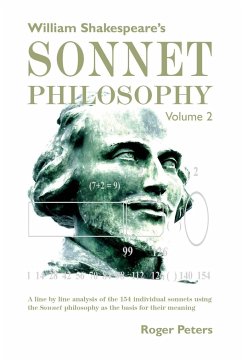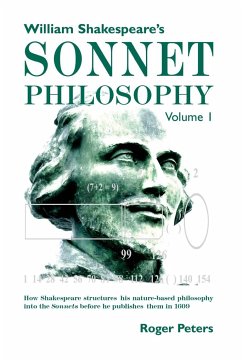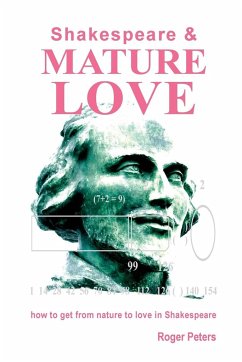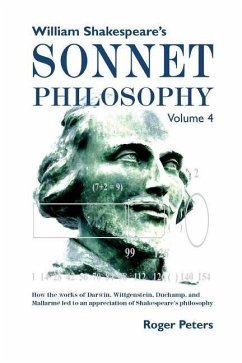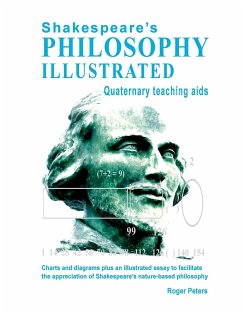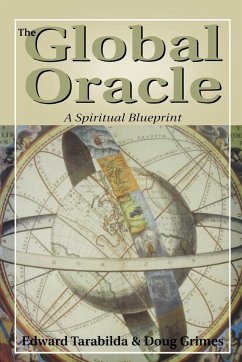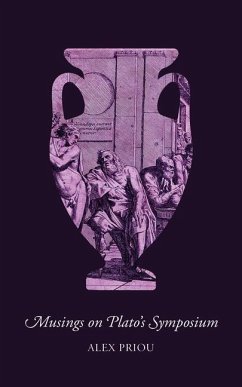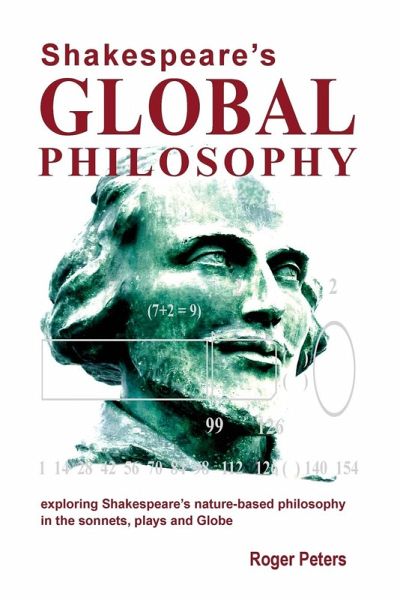
Shakespeare's Global Philosophy
exploring Shakespeare's nature-based philosophy in his sonnets, plays and Globe

PAYBACK Punkte
12 °P sammeln!
The three parts of Shakespeare’s Global Philosophy present evidence and argument that Shakespeare's Sonnets of 1609 articulate the philosophy behind all his plays and longer poems and that the Globe Theatre symbolises the global significance of the philosophy. Part 1 examines the 1609 edition of the sonnets to demonstrate the presence of a comprehensive and consistent nature-based philosophy. Part 2 shows how Shakespeare uses the sonnet philosophy to structure and vivify all his poems and plays. Part 3 reflects on the relationship between the Globe Theatre and the current global fascination ...
The three parts of Shakespeare’s Global Philosophy present evidence and argument that Shakespeare's Sonnets of 1609 articulate the philosophy behind all his plays and longer poems and that the Globe Theatre symbolises the global significance of the philosophy. Part 1 examines the 1609 edition of the sonnets to demonstrate the presence of a comprehensive and consistent nature-based philosophy. Part 2 shows how Shakespeare uses the sonnet philosophy to structure and vivify all his poems and plays. Part 3 reflects on the relationship between the Globe Theatre and the current global fascination with Shakespeare’s works.



